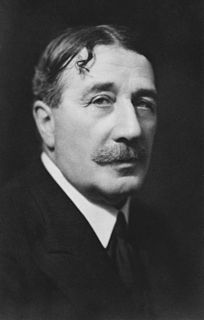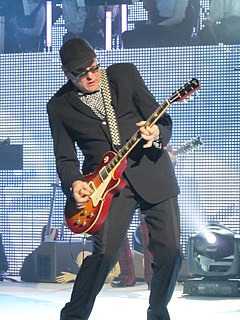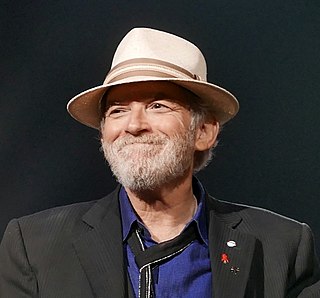A Quote by Ambrose Bierce
OPERA, n. A play representing life in another world, whose inhabitants have no speech but song, no motions but gestures and no postures but attitudes.
Quote Topics
Related Quotes
We read off the many signals that our companions' clothes transmit to us in every social encounter. In this way, clothing is as much a part of human body language as gestures, facial expressions and postures.Even those people who insist that they despise attention to clothing, and dress as casually as possible, are making quite specific comments on their social roles and their attitudes towards the culture in which they live.
I know that there are going to be people that don't like my music, but I think in the industry itself it is always that, 'Oh. you're from the 'X Factor.' There have been certain radio stations that will not play your song because you are from the 'X Factor,' yet they'll play another song from an artist from another TV show.
We take it for granted that Jesus was not interested in political life: his mission was purely religious. Indeed we have witnessed . . . the 'iconization' of the life of Jesus: 'This is a Jesus of hieratic, stereotyped gestures, all representing theological themes. In this way, the life of Jesus is no longer a human life, submerged in history, but a theological life -- an icon.
Listen to the Beatles' 'Things We Said Today.' Ringo Starr does not play a fill in the entire song. It doesn't need it. 'A Day In the Life' has gorgeous fills, but there, the song needs it. When I play on any record, I'm striving to get where Ringo is. You play what doesn't take you out of the song.
It's of course important to mention that when DJing, I'm building my own story through the music. I'm figuring out what song to play next, what song to play after that, and how the two will blend together. How the emotion is going to develop from one song to another. So I first build that storyline.
The whole purpose of spiritual direction is to penetrate beneath the surface of a man's life, to get behind the façade of conventional gestures and attitudes which he presents to the world, and to bring out his inner spiritual freedom, his inmost truth, which is what we call the likeness of Christ in his soul.

































